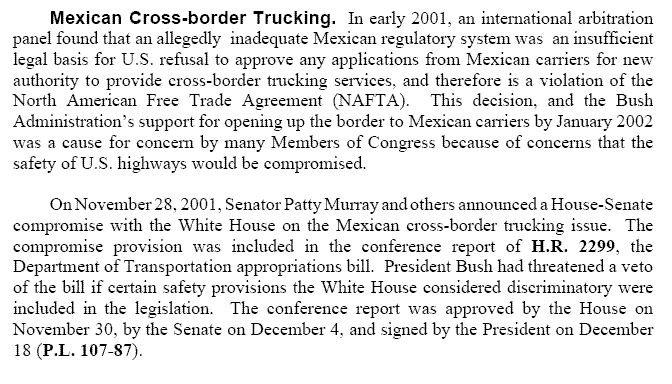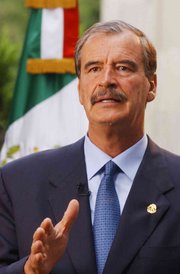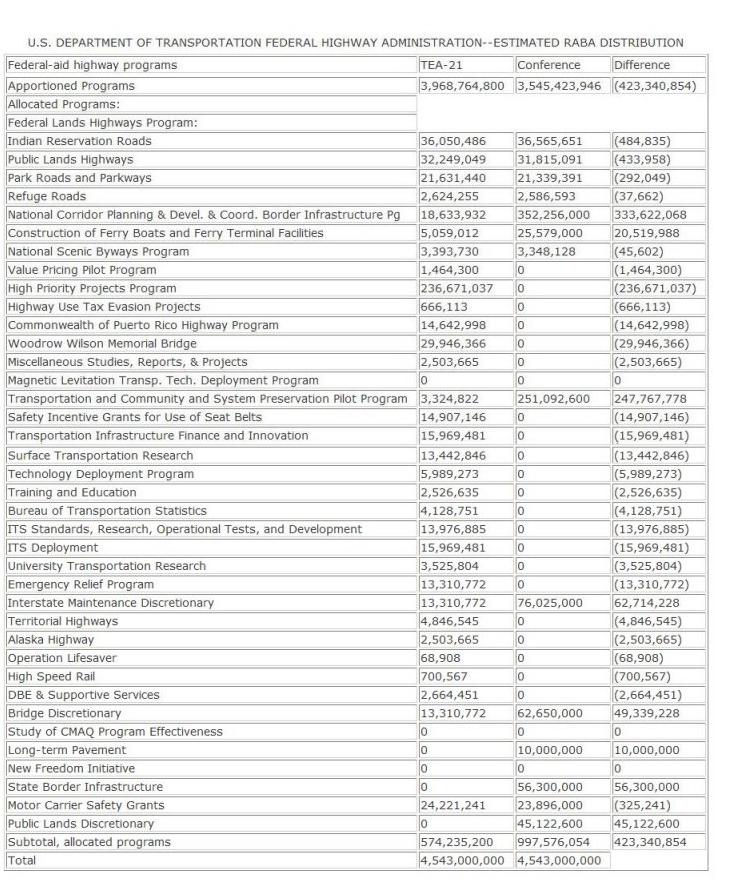
"The Blackmail Government Provision"
|
The best way to understand NAFTA Chapter 11 is to read a couple of articles about it. It would be completely incomprehensible that trade negotiators for the United States would agree to Chapter 11. However, once one understands that the NAFTA agreement - and all subsequent 'free trade' agreements were negotiated against U.S. domestic interests for the purpose of breaking our nation, it makes perfect sense. It gives foreign corporations and the governments of Canada and Mexico the ability to sue our government for interference with their profit-making endeavors. They don't sue in a U.S. court, they sue in front of a kangaroo court - NAFTA Tribunal. This treasonous (IMO) provision of NAFTA is the mechanism that is being used to breakdown U.S. National Sovereignty by allowing corporations to overturn our environmental, labor, public safety and citizen protection laws. NAFTA's Investor "Rights" - A Corporate Dream, A Citizen Nightmare NAFTA Chapter 11 Investor-to-State Cases: Bankrupting Democracy, Public Citizen NAFTA Tribunals Stir US Worries, Adam Liptak, NY Times Trading Democracy: The Other Chapter 11, Bill Moyers Treatment of SPS Matters Under NAFTA (Difficult reading but there are very important statements in it regarding interpretations of international agreements by tribunals.)
Case in Point - Cross Border Trucking While doing some research for the section on Harmonization of laws between Mexico, Canada and the U.S., I went back to the 107th Congress in 2001 to search for information the opening of the border for Mexican trucks beyond a 20 mile border area. Apparently a NAFTA tribunal ruled that the U.S. border between Mexico and the U.S. must be opened for cross-border trucking. With the above as background, the significance of Vincente Fox's Address to Congress in the House of Representatives on September 6, 2001 becomes crystal clear. The NAFTA Agreement, Chapter 11 gave Vincente Fox - and in fact all foreign firms the power to bankrupt our country through the Kangaroo Court process of the NAFTA tribunals.
|
Vincente Fox:
"Years ago, the United States Congress faced a difficult decision and chose to vote in favor of a greater integration with Mexico through the North American Free Trade Agreement.
The partnership between Mexico and the United States is still incomplete. There remain many unresolved issues that must be dealt with in order to achieve our common goals as partners. One of these goals is an issue which this great body will soon consider and which entails an important obligation under NAFTA; it is the issue of access to the United States for Mexican trucks. For this, as in many other items of our common agenda, we need your trust. Trust will allow both countries to comply responsibly and maturely with their obligations to one another."


